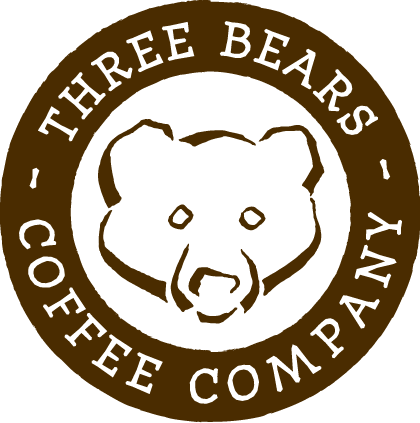Terruno Nayarita –
This coffee from the Mexican State of Nayarit is our flagship selection. Located on the west coast of Mexico, Nayarit is the northernmost coffee growing region on the continent. The volcanic soil coupled with the rainforest climate provides an exceptional environment for coffee. All of the Terruno Nayarita that I purchase is “natural process” coffee, which means that the coffee cherries are sun dried on patios before the fruit is removed from the bean. This is a far more labor intensive process than the wet-milling which is standard in the industry, but far less intensive on environmental resources. The end result is a complex but wonderfully balanced flavor profile comparable to the tastes of fine wines. I offer this coffee in light and dark roasts which bring out a broad range of tastes.
For more information, click here.
Bali Kintamani –
From the Indonesian island of Bali comes this unique and flavorful organic coffee. The small land holders have come together to form associations of farming and spiritual life in this cooperative. The Subak Abian organization is based on the Hindu philosophy of “Tri Hita Karana,” meaning the three causes of happiness (the relationships to God, humanity, and the environment). This is also a natural process coffee which comes through in the fruity aroma. It’s certified organic with a Rainforest Alliance Certification. The full city roast delivers a strong body and a very sweet flavor that is great after a meal or with dessert.
Rwanda COOPAC –
This Fair Trade coffee comes from the largest of the cooperatives that I deal with. The COOPAC group started in 2001 with 110 members and has since grown to over 2,000. The purpose of this coop is twofold – to regenerate the coffee growing region around Lake Kivu, and to benefit the growers of this area. The Fair Trade premiums have been used not only to build collective washing stations (processing facilities for harvested coffee cherries), but also to bring much needed health care facilities and schools to the region. The coffee quality is not only in the top tier for Rwanda, but also the whole continent. The cooperative has received an organic certification now as well. I keep the roast at a medium light level to accentuate the bright notes, making this a very refreshing cup.
For more information, click here.
Brazil Poco Fundo (COOPFAM) –
The Poco Fundo cooperative is comprised of about 250 members in the Minas Gerais region of southeastern Brazil. The coop association has been in place since 1991 and has worked to create better infrastructure for coffee cultivation and marketing, as well as assisting with the social needs of the members. There are regular meetings and training sessions for the farmers and investments in health care and education for the community at large. Through participation in the Responsible Sourcing Partnership this coop has helped strengthen Brazilian coffees as a whole as well as building a solid foundation for themselves. This is a Fair Trade and organic certified coffee that is naturally processed retaining the most vibrant flavors of the best Brazilian coffees with full body in the cup.
For more information, click here.
Honduras COMSA –
This cooperative is the organized in the Marcala municipality in La Paz, Honduras. The mountainous region and moderate climate offer an ideal environment for specialty grade coffee. These are the organic group of farmers in the larger organization of Cafe Marcala, which is also fair trade certified. COMSA was formed in 2000 with less than fifty farmers and serves the community with education and infrastructure needs. This coffee is light and mild while carrying a lemon and honey sweetness. The medium roast provides for a chocolatey and nutty finish.
For more information, click here.
Sumatra Mandheling Royal Select Decaf –
This coffee is USDA Certified Organic, Fair Trade, and has a Rainforest Alliance designation. Though it comes from a few different Sumatran growers (rather than one particular farm), these certifications help to ensure the best farming and labor practices are being implemented, and the quality is apparent in the cup. The Royal Select Mountain Water decaffeination process retains the wonderful syrupy body that Mandhelings are known for, while removing 99% of the caffeine. I roast these beans to a dark profile to highlight the sweet chocolate and cinnamon aspects, making this a cup that compares with all the best specialty coffees, not just decafs.
